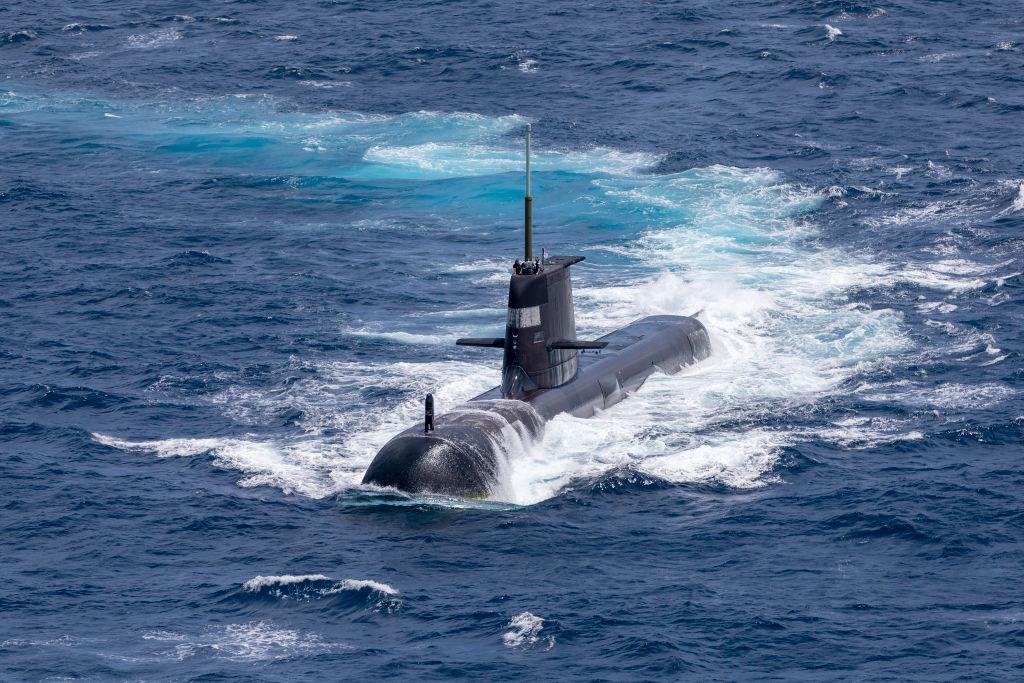Fears that the AUKUS alliance could spark an arms race in the Asia-Pacific are nothing more than a “knee-jerk reaction,” according to one defense expert, who said the pact between Australia, the United States, and the UK would help maintain a balance of power in the troubled region.
“Clearly, Australia is keen to dispel misperceptions about AUKUS, but as I’ve noted before, those who believe AUKUS can contribute to regional peace and stability, and those who think otherwise, will likely stick to their guns,” said Collin Koh Swee Lean, a research fellow at the Institute of Defence and Strategic Studies at Nanyang Technological University in Singapore.





